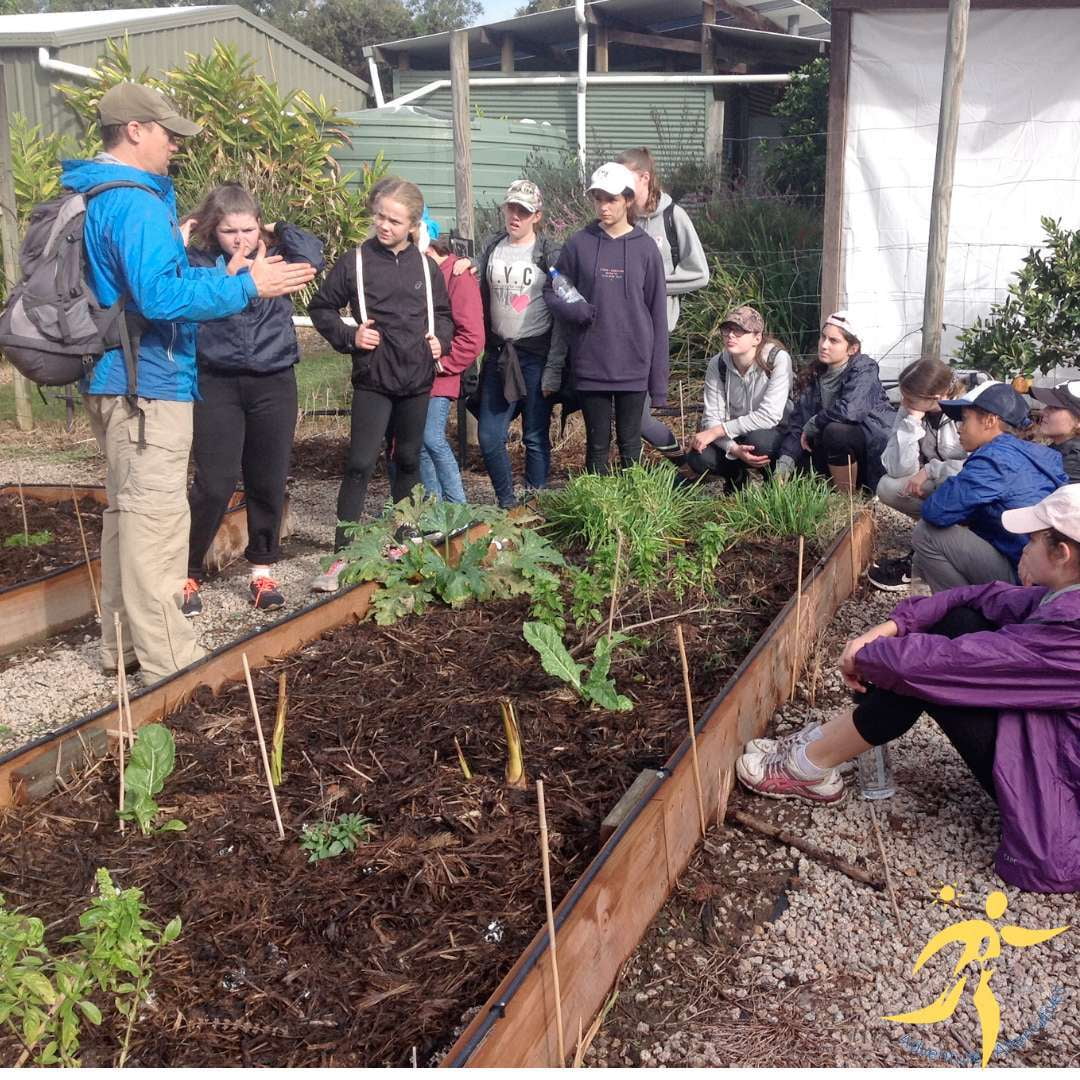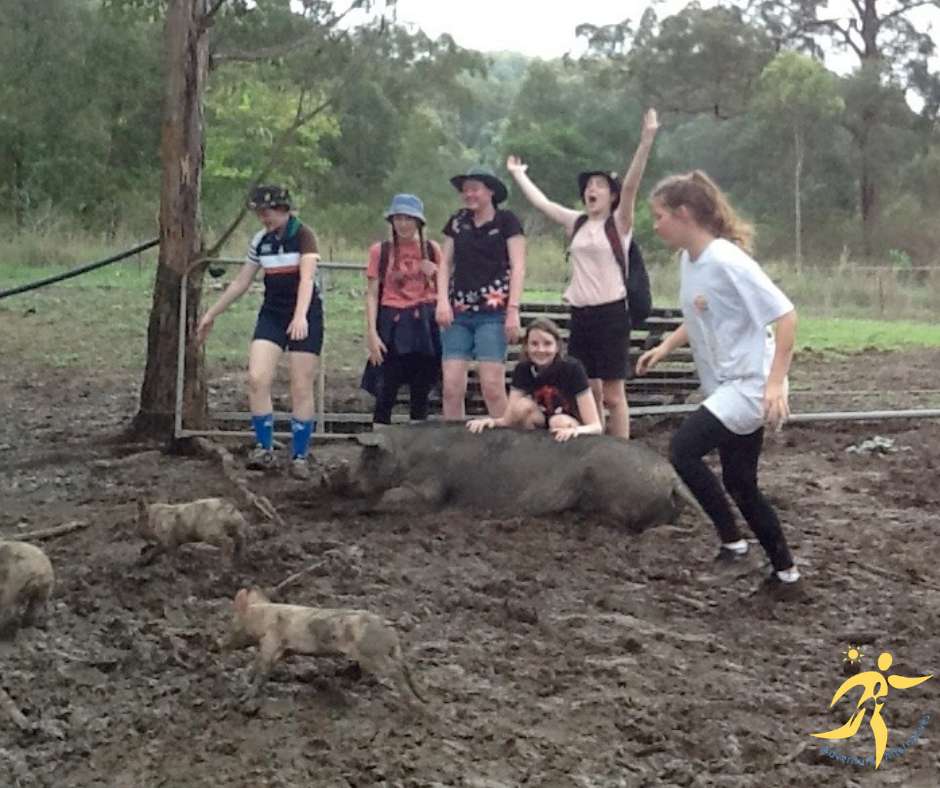Sustainability education can be fun, engaging and empowering for students. It allows them to take responsibility for their actions and to contribute their vision for a sustainable future.
Embracing environmentally sustainable business practices can have a number of significant benefits. Sustainable businesses are often the most innovative because they are constantly reviewing processes to find new solutions. In contrast, other organisations are more likely to simply stick with the processes that have worked in the past, without considering better and greener alternatives. Eco-conscious businesses also generally have employees who are more invested in the business culture, which provides more fulfilling jobs. The focus on ensuring sustainability also builds a culture of accountability throughout the organisation.
Adventure Alternatives has purposely built an Outdoor Education business on strong, environmental sustainability principles. It is based on the three key Permaculture principles:
- Care for the Environment,
- Care for People and
- Fair Share.
Each principle, when combined with the next, has allowed the business to develop TWO centres, which is easy to manage, beautiful aesthetically and provides a sense of place for all. The design and layout of the centres uses the principle of minimal environmental impact: no trees removed, solar orientation, use of recycled materials and low embodied energy of labour, machinery and resources, function and form with the secondary function to educate participants of viable environmentally sensitive alternatives.

Students learn about the environment while they utilise these facilities as well as undertake in a variety of age appropriate purpose-designed environmental programs.
These include:
- Permaculture garden
- Permaculture design principles in the Permaculture garden, trellised fruit trees, pigs, chicken/duck, cattle and sheep.
- Aquaponics system (fish production and hydroponic veges);
- Planting of native plants to offset carbon emissions created travelling to and from the centre by participants;
- Recycling and separation of rubbish generated from the kitchen during program. The use of organic material to feed several large worm farms and the learning the value of worms, cycling of nutrients and use of worm castings in the Permaculture garden to fertilise plants.
- Worm Farm
- Environmental interpretive signage for each sustainable element to teach participants about what is and why we have incorporated specific aspects to allow participants to take this knowledge and practice home with them.
Sustainability education can be fun, engaging and empowering for students. It allows them to take responsibility for their actions and to contribute their vision for a sustainable future. It enables them to develop knowledge, skills, values and motivations for action, allowing them to maintain their own wellbeing – and that of their community and the planet – in an increasingly interconnected world.
Our whole business has been designed on Ecological Sustainable Design Principles. Helping you to reach your Environmental Targets as part of your school camp.

